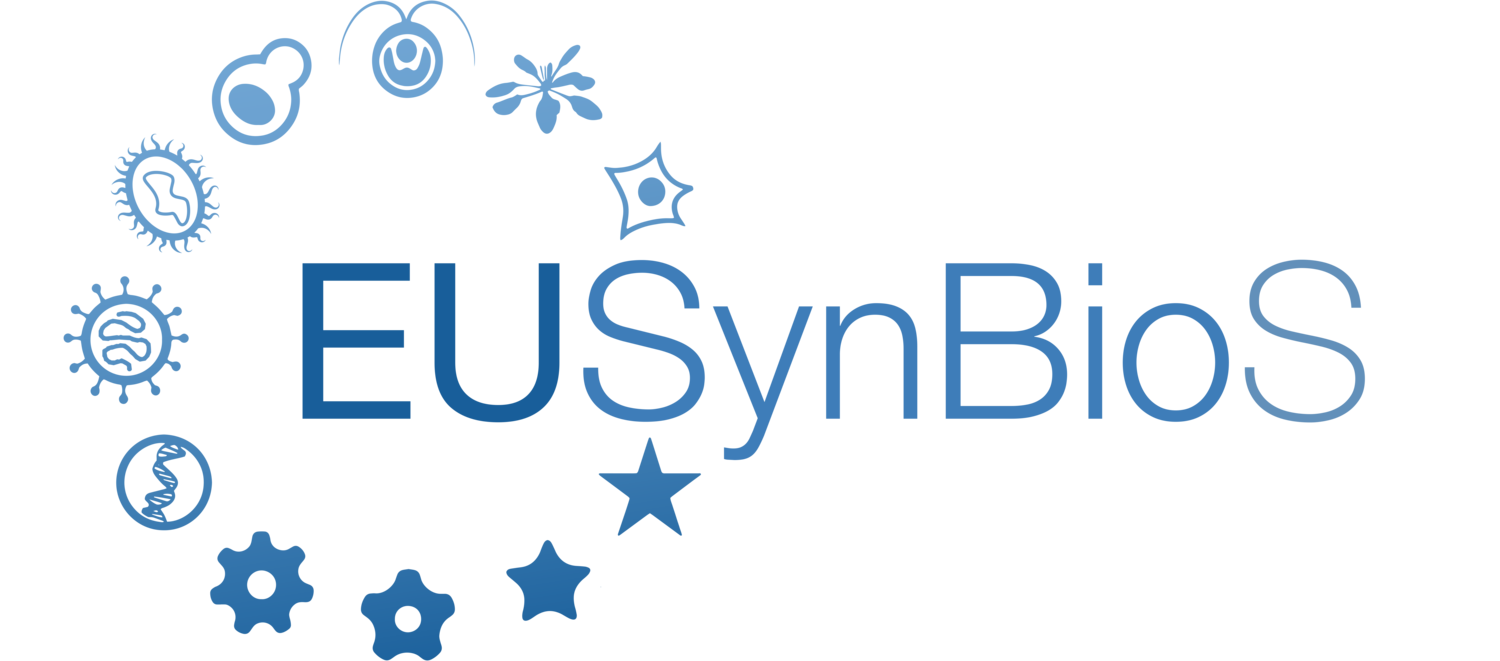Young PIs in action: an interview with Julie Zedler
A few months ago, I was delighted to hear that my former colleague Julie Zedler secured a tenure-track position in Jena, Germany. I couldn’t miss the chance to interview her for our “Young PI” series; you can see the result of our chat below.
Kostas Vavitsas: The sustainability theme is pretty common among the fresh PIs we interview. Do you think synthetic biology research with photosynthetic organisms can really make a difference in the climate change front?
Julie Zedler: The answer is 100% yes – even though this will almost certainly take longer than we would like. Personally, I believe that photosynthetic organisms are an often neglected player in climate change discussions that we need to raise awareness for. I think the fact that there is a large number of young PIs working with sustainability in mind is very encouraging. However, in order to address big socioeconomic challenges like climate change, we need a critical mass of people and funding bodies to be onboard with the idea. Young scientists interested in making a difference is the first step to finding sustainable solutions but the support infrastructure also needs to be in place to maintain our forward momentum.
Kostas: What is the biggest advantage and the biggest disadvantage of working with photosynthetic microbes?
Julie: I would say the biggest disadvantage is at the same time one of the biggest opportunities: the field of photosynthetic microbes, especially when it comes to applications, is still very young. This makes it sometimes difficult to convince industrial partners and funding agencies to put their weight behind photosynthetic systems. At the same time, photosynthetic microbes have a huge, largely untapped potential. This is super exciting and probably also one of their biggest advantages. Another big advantage is that they are extremely visual and their benefits are intuitive – when talking to a non-scientific audience they almost speak for themselves.
Kostas: When is the right time to apply for a PI position?
Julie: I don’t believe that there is a “right time” to apply per se – often these things come down to the timing of available positions or funding application deadlines and you always need that little bit of luck (combined with hard work of course). I would recommend keeping your eyes out for funding calls and open positions and remember it is almost never too early to apply but it could easily be too late…
Kostas: How do you feel about your new role? Where do you see yourself in the next few years?
Julie:I am very excited about my new role and I am very curious about what the future holds. Being a young PI, I find it quite important to be an appropriate role model for my students. I am currently building my group and kicking-off work on a number of ideas and research interests that I would not be able to cover on my own. I still do enjoy the occasional bench work though and I promised myself I would stay connected to the practical aspects of research for as long as possible. Looking forward, I think we need to make an increasing effort to communicate what synthetic biology is and how it can impact our everyday lives – it’s crucial to get the public to tag along with scientific progress and explain how and why we think this is the way forward.
Kostas: A comment on equity in science, do you think women have a longer or more challenging road to professorship?
Julie: Personally, as a female scientist, I have never felt disadvantaged. However, numbers speak for themselves and women are still clearly not equally represented (especially when we get to the PI stage), therefore, I am an active supporter of women in science. In all three countries I have worked in, UK, Denmark and Germany, there are efforts to ensure equal opportunities at universities. However, in this respect, Scandinavian countries might be a little bit ahead of the rest of Europe. Overall, I think the biggest problem, both for women and men, lies in the incompatibility between academic workloads and a healthy private life. We need more support and flexible, tailor-made solutions for individual career choices. I believe that nowadays equality challenges are largely of societal nature – when gender stereotypes are finally overcome this will also be reflected in the workplace.
Kostas: What is the single most important piece of advice you would give to an Early Career Researcher in synthetic biology?
Julie: My students would probably say that I always tell them to do their controls – which I do say over and over again. Specifically concerning SynBio, I think we have to remember that this is a quite young, emerging field. There are high expectations but it is up to all of us to put the work in to make the field thrive. So grab your opportunities and make the most of them!
Julie is a Junior Professor for Synthetic Biology of Photosynthetic Organisms at the Friedrich Schiller University in Jena, Germany. After her studies at the University of Konstanz (Germany), she pursued a PhD with the Colin Robinson group at the University of Kent in Canterbury (UK). As part of the Marie-Curie International Training Network PHOTO.COMM, she worked on chloroplast engineering in the green microalga Chlamydomonas reinhardtii. After a one-year postdoc at the University of Kent, she obtained a Marie Skłodowska-Curie individual fellowship to work at the University of Copenhagen (Denmark) in the group of Poul Erik Jensen. Her project “Cynthetica” (funded by the European Union’s Horizon 2020 research and innovation programme) focused on the development of synthetic biology tools for cyanobacteria. She has now obtained a tenure track position in Jena and is building her group around the theme of “green systems” and synthetic biology with a current focus on cyanobacteria. You can find her on ResearchGate and Linkedin or follow her lab on twitter (@SynBioJazz).

